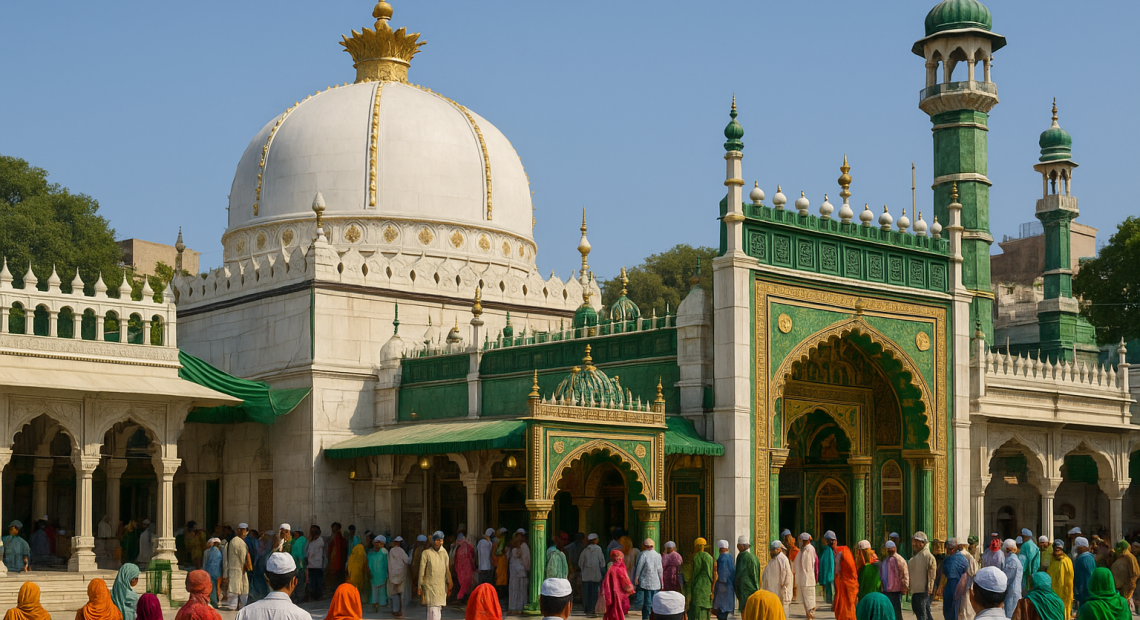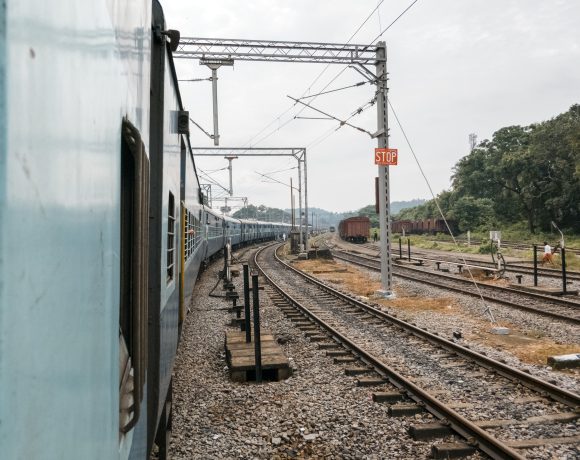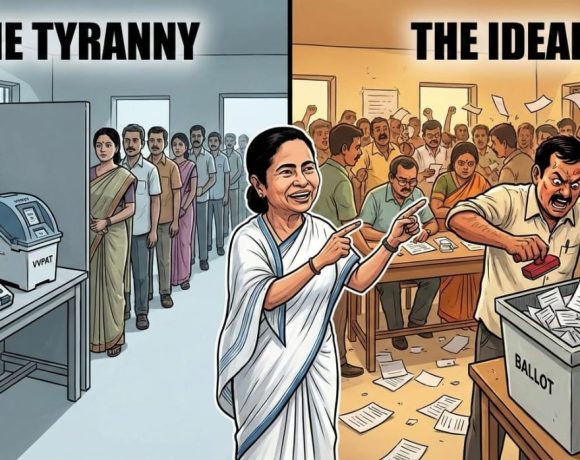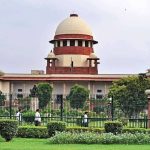
Delhi HC Mulls Stay on Ajmer Sharif Dargah Audit
The Delhi High Court on Monday expressed its inclination to stay the audit initiated by the Comptroller and Auditor General of India (CAG) into the financial affairs of the Ajmer Sharif Dargah, a revered religious site managed by the Dargah Committee, Ajmer. A bench comprising Acting Chief Justice Manmohan and Justice Manmeet PS Arora noted, “We are inclined to stay the audit.”
The court was hearing a plea filed by the Dargah Committee challenging a communication issued by the Ministry of Minority Affairs that authorized the CAG to conduct a financial audit of its activities. The Committee argued that it does not receive any grants from the Central Government, and hence, the CAG’s jurisdiction does not extend to its operations. According to the counsel representing the Dargah Committee, the organization is not a “body substantially financed by the government,” which is a prerequisite for a CAG audit under Article 149 of the Constitution.
The counsel emphasized that the Dargah operates solely based on offerings and donations made by devotees and pilgrims, and any form of audit by the CAG would interfere with the religious autonomy of the shrine. It was also pointed out that the Ajmer Sharif Dargah operates under a statutory framework governed by the Dargah Khwaja Saheb Act, 1955, which lays down its management and administrative structure.
Responding to these arguments, the Court remarked, “We are of the view that the CAG audit at this stage requires reconsideration.” It further indicated that any action taken under the Ministry’s communication would be subject to the outcome of the petition.
Meanwhile, the Court issued a notice to the Union of India, the CAG, and the Ministry of Minority Affairs, seeking their responses to the Dargah Committee’s petition. The matter has been listed for further hearing on August 28.
The Dargah of Khwaja Moinuddin Chishti at Ajmer holds immense religious and cultural significance and attracts lakhs of devotees annually. The outcome of this legal challenge could have broader implications on the extent of governmental oversight over religious and charitable institutions that do not receive government funds but operate under statutory mandates.


















